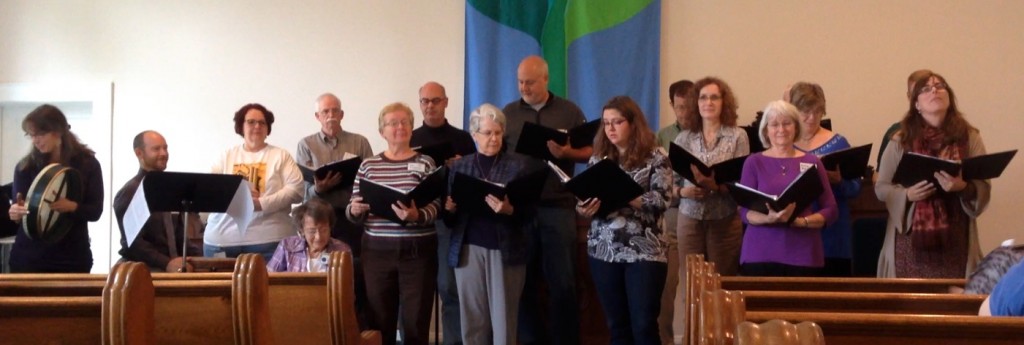Choir Practice Ideas
- Marlene
- Blog, flute, Uncategorized
- No Comments
Choir Practice Ideas
Choir Practice.
Many of my blog posts have focused on practicing the flute, but today we will look at some special considerations for choir practice.
As a musician who wears many hats, in addition to teaching private flute students, I also direct an adult church choir.
Choir practice is the focus of my weekend. At our church, choir rehearsal is before the worship service on Sunday mornings. Choir practice goes much more smoothly and we are able to achieve a higher level of performance when everyone comes to rehearsal prepared with their parts. Instrumentalists are used to learning their parts at home, but singers sometimes wait until rehearsal to learn the notes.
Vocalists in a choir will enjoy the music more by spending a little time each week practicing at home. Choir directors are grateful when singers come prepared with their parts. When we don’t have to teach notes, rhythms, and pronunciation, we can focus on musicianship and ensemble.
The following article has lots of good ideas for choir members. You don’t need to be able to play the piano to practice your part!
Practicing Choral Music: 10 Ideas for the Singer Who Doesn’t Think They Can Practice on Their Own
I completely agree with Doreen Fryling that silence is imperative for mentally working on parts, or “audiating.” Many people are surprised to learn that my husband and I don’t have music playing in the house most of the time. In fact, I never have background music playing when I am in the office. I may actively listen to the piece I am preparing, but I find other music to be very distracting. Background music further robs my brain of the blank space needed to work on music subconsciously. If I listen closely to my brain, there is almost always some music being tossed around up there. Right now, the house is completely silent, but our newest choir piece is “playing” in my head.
Utilize Online Resources
YouTube is one of the best resources for choirs. I use it a lot to discover new music, prepare my weekly rehearsals, and get performance ideas. When I find a particularly good video, I pass it on to my choir. Even a bad YouTube video is helpful. Recognizing what doesn’t work in music is an important step in developing good musical taste. Sometimes we even post a YouTube video of our performances. This is a video that we made for Kiya Heartwood, the composer of “Higher Ground,” when we rehearsed and performed the arrangement she made for us.
As for foreign language pronunciation, there are many good online resources. Here’s one for Ecclesiastical Latin, for example.
What are your practice routines? Are there any resources, online or otherwise, that are particularly helpful to you?

No comments.